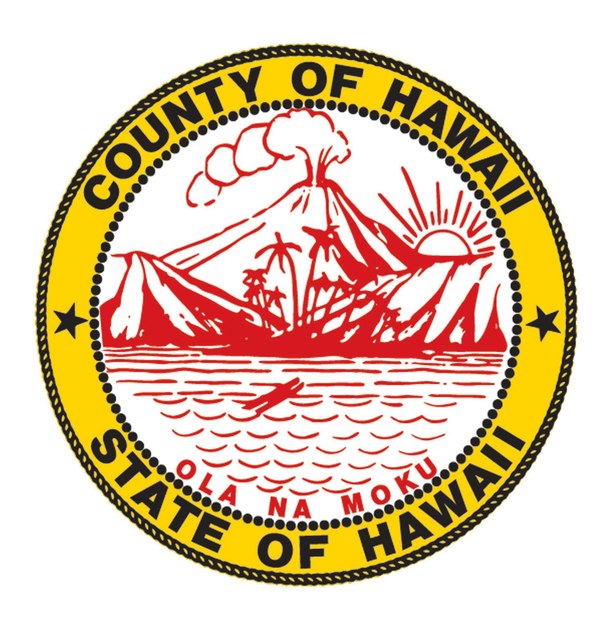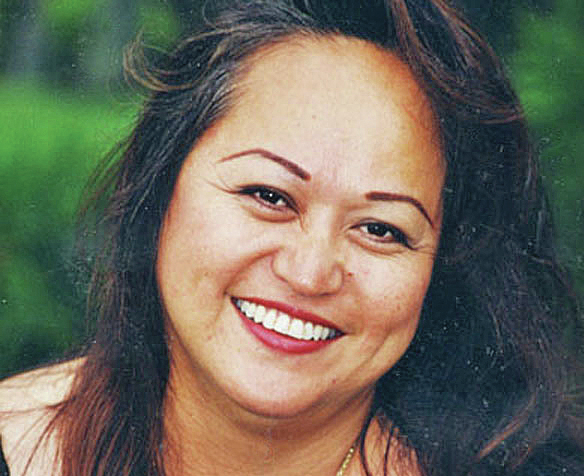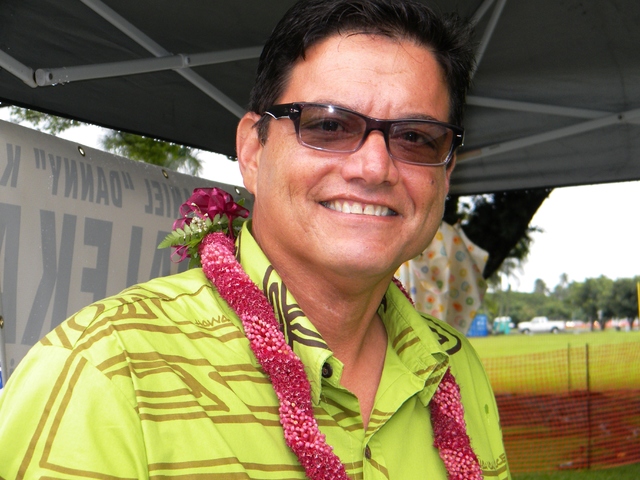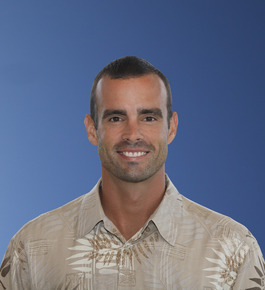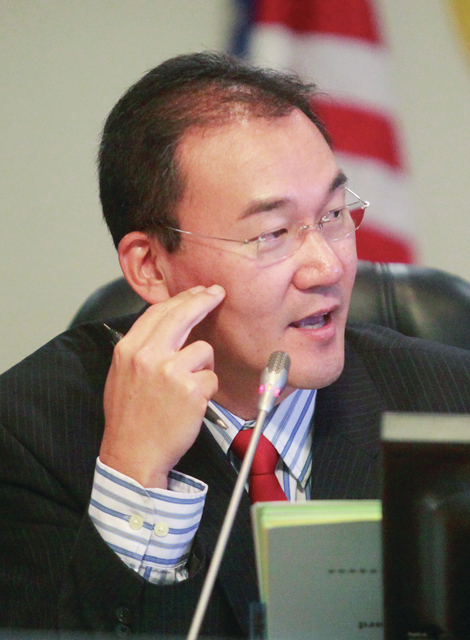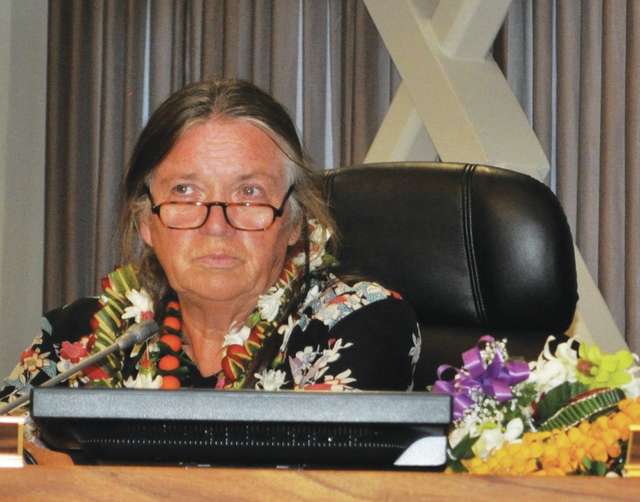County Council controls pCard use
Hawaii County Council officials say there are strict procedures in place to prevent unauthorized use of county-issued credit cards, known as pCards.
A West Hawaii Today analysis of 26 months worth of pCard statements and reimbursement forms showed very few personal purchases on County Council members’ pCards, and relatively prompt reimbursement when purchases were inappropriately charged.
“The Clerk’s Office does a really good job making sure our pCard use is strictly for county business. We have pretty good checks and balances with the Clerk’s Office,” said Council Chairman Dru Kanuha of Kailua-Kona. “We do keep a pretty strict policy when it comes to saving taxpayers’ money.”
Among the procedures is the requirement that travel be approved in advance by the council chairman, as well as requirements that flights be at the coach rate and motel rooms at the standard rate. Receipts are required for charges. In the case of lost receipts, duplicates must be notarized.
Council members may opt for a flat per diem rate of $90 daily for instate travel or $145 daily for out-of-state travel instead of accruing charges. The per diem must be requested in advance, and must be reimbursed if the charges are accrued instead.
Kanuha himself had to pay back for two personal expense s: $108 for a hotel no-show charge and $10 for erroneously changing an airline reservation.
The newspaper obtained the council’s pCard statements under Hawaii’s Uniform Information Practices Act, after a similar request for Mayor Billy Kenoi’s records revealed a pattern of personal purchases, some of which were not reimbursed until months, if not years, later.
Ten council members charged $144,793 over the course of the 26 months, with the county picking up $125,981 of those charges.
Leading the charge in the use of his pCard was Hilo Councilman Dennis “Fresh” Onishi, who frequently travels as a board member for both the Hawaii State Association of Counties and the National Association of Counties. Even with reimbursements from those organizations, however, Onishi’s pCard incurred $29,968 in travel charges between January 2013 and February 2015. Among Onishi’s own reimbursements were for percentages of car rentals when he used them for personal use, and an extra overnight motel room.
Kenoi racked up $43,624 in charges on his card during the same period. After a March 29 West Hawaii Today investigation revealing Kenoi had used his card for such personal purchases as an $842 tab at a Honolulu hostess bar, a $1,200 surfboard and a $1,900 bicycle, Kenoi canceled his card, apologized and paid back an additional $7,500 for charges dating back to 2009.
Kenoi is now under investigation by the state attorney general, and is the subject of a complaint before the county Ethics Board next month. Also named in the ethics complaint is Finance Director Deanna Sako, who was promoted in January from deputy director of the department.
The ethics complaint says the Finance Department should have kept stricter controls over Kenoi’s pCard use. Sako has said the former Finance director, Nancy Crawford, had warned Kenoi about inappropriate use of his card. Still, it remains a question whether a political appointee such as a department head can appropriately regulate his or her boss.
One of Kenoi’s top critics, Kohala Councilwoman Margaret Wille, has also canceled her pCard. Wille, the only council member to go on record criticizing Kenoi’s use of his card, had her card revoked earlier in March after she butted heads with County Clerk Stewart Maeda over some charges.
Wille didn’t see her criticism of Kenoi as unusual, saying her charges were good faith county business charges that council leadership disagreed with, rather than personal charges. Officials said Wille also was slow in submitting paperwork.
“We kind of mutually agreed to cancel her card,” Maeda said Friday.
Wille had charged $10,867 over the 25 months and paid back $1,156. She said Friday that Maeda questioned her on buying a first-class ticket, which is against county policies, even though she said it was $13 less than the coach ticket for that particular flight.
She also was questioned on booking an ocean view room, costing $20.81 more, at the Aston Hotel in Honolulu while attending a Hawaii State Bar Association Land Use Conference in January. Wille said no standard rooms were available.
Wille had been chastised earlier by former Council Chairman J Yoshimoto for not getting prior approval for flights to Honolulu to lobby the Legislature. Wille said she believed she could make the flights because she’s never gone on mainland trips with other council members for NACo conferences.
“I don’t feel like I was abusing anything,” Wille said. “I certainly didn’t go and buy things that were personal expenses.”
Hawaii County Council members’ travel costs may be higher than some on other islands. Council meetings are generally held once monthly in Kona and once monthly in Hilo. That means council members stay one or two nights a month at either a Kona or Hilo hotel, depending on where they live.
Hotel rooms in Kona tend to run about $150 nightly; those in Hilo, about $120 at the government rate. Council members are also reimbursed for food.
Hamakua Councilwoman Valerie Poindexter had the second-highest pCard charges. She said her charges were higher because she had an extra mainland trip.
As a member of the NACo health steering committee, Poindexter said she wanted to see Maui County Councilman Riki Hokama be sworn in as NACo president in July, and she wanted to meet fellow steering committee members. She spent $1,538 for a flight and $577 for a two-night hotel stay in New Orleans.
The high volume of pCard use in Hawaii County could present opportunities for saving money, according to county Legislative Auditor Bonnie Nims. Nims is currently auditing pCard use countywide, and expects to have her report complete this summer.


